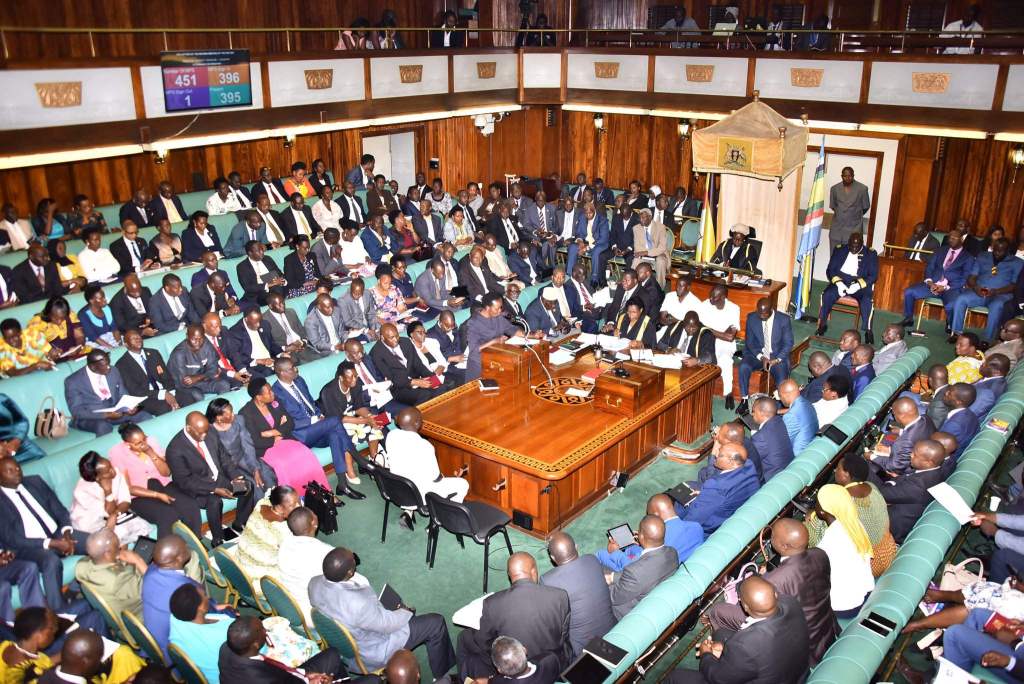Government has Thursday tabled a Bill containing proposed amendments within the Excise Duty Amendment Act 2018 which introduced taxes on access to social media and Mobile Money transactions.
The Excise Duty Amendment No.2 Act, 2018 was presented to Parliament for first reading by Minister for Finance, Matia Kasaija.
Some of the adjustments in the law which was passed by Parliament in May and effected on July 1 include revising the levy on Mobile Money withdraws from 1% to 0.5% and scrapping the other levies on deposits and sending of money.
The new Bill has however maintained the tax on use of Over The Top services including social media platforms such as Facebook, WhatsApp and Twitter at Shs 200 daily.
The proposed amendments were approved by a Cabinet sitting on Monday this week and they come against a backdrop of strong opposition from a wide section of the public.
Since the start of this month when the new taxes were introduced, there have been numerous protests by opposition MPs, activists, mobile money agents and the public who said the tax was unfair and inconveniencing to the millions of Ugandans that rely on Mobile money for sending and receiving of money.
During Thursday’s plenary, the Deputy Speaker of Parliament, Jacob Oulanyah referred the Bill to the relevant committee which will then scrutinize it and conduct adequate consultations. Unfortunately, there is no such committee in place since the new Committees of Parliament are yet to be constituted.
The Deputy Opposition Whip, Roland Mugume and other opposition MPs were however concerned that the absence of the required Committee to handle the Bill could delay the urgent process.
Oulanyah however called on members to be patient since he can’t appoint a special committee to handle the bill but noted that members who will be assigned to the committee of Finance must work expeditiously.
Recently, President Yoweri Museveni said that Mobile Money is a useful service but that it isn’t too much for the informal sector which is never taxed to make “a modest contribution” to the development of the country.
He argues that Uganda is not mobilizing enough revenue domestically, largely because citizens do not want to pay tax.
“Our budget for this financial year is Ug Sh 32 trillion. The taxes collected from within Uganda and the other fees for this financial year will be Shs 17.5 trillion,” he said.
The balance, Museveni says is handled by borrowing Shs 8.3 trilliom from outside the country and Shs 7 trillion, as well as borrowing from within the economy. Government also gets external grants to the tune of Shs 280 bn.
“Why do we have to borrow or beg from outside or even borrow from within? We do so because many people who are supposed to pay tax do not pay the tax,” he stated.










